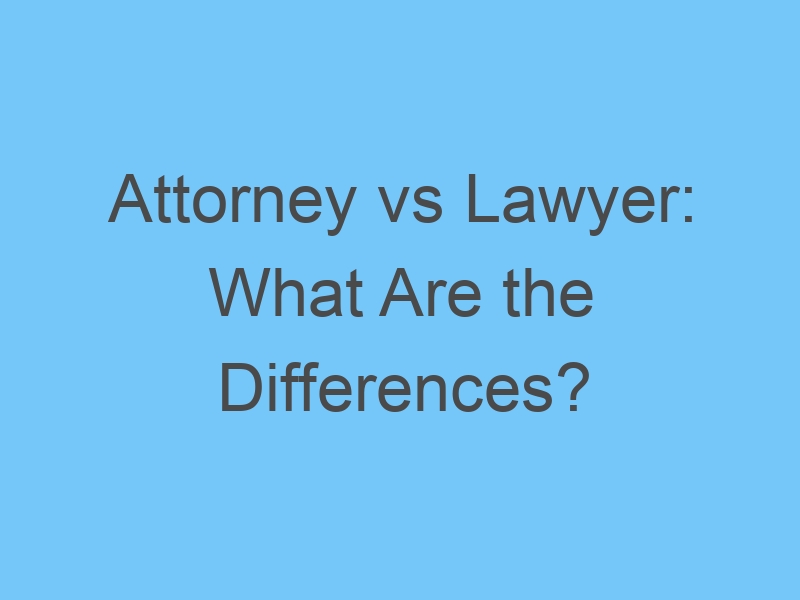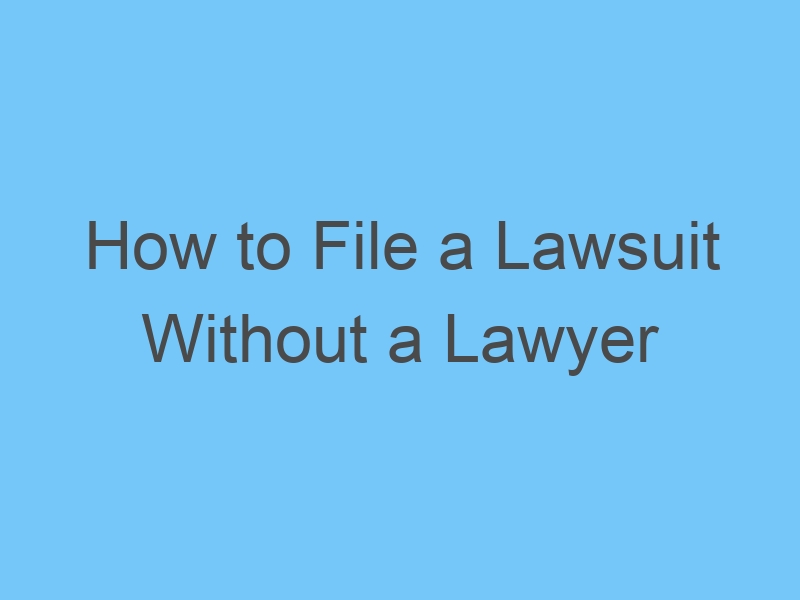
Attorney vs Lawyer: What Are the Differences?
The terms “attorney” and “lawyer” are often used interchangeably, and they both refer to individuals who are licensed to practice law and provide legal services. However, there are subtle differences in how these terms are used and understood in various jurisdictions:
- Lawyer:
- A lawyer is a general term used to describe a person who has completed a law degree and is qualified to provide legal advice, represent clients in legal matters, and advocate for their rights in court.
- In everyday conversation, “lawyer” is the more commonly used term to refer to legal professionals.
- Attorney:
- An attorney is someone who is legally appointed or authorized to act on behalf of another person in legal matters. Attorneys are authorized to represent clients, make decisions, and take legal actions on their behalf.
- In some jurisdictions, the term “attorney” is used more specifically to refer to a lawyer who is licensed to practice law and is authorized to represent clients in court. For example, in the United States, attorneys can be referred to as “attorneys-at-law.”
- Attorney-at-Law:
- This term is commonly used in the United States and some other jurisdictions to specifically refer to a licensed lawyer who is authorized to practice law and represent clients in court.
- Solicitor vs. Barrister:
- In some countries, such as the United Kingdom, Australia, and Canada, the legal profession is divided into solicitors and barristers. Solicitors provide legal advice, handle legal transactions, and represent clients in non-court matters. Barristers specialize in courtroom advocacy and represent clients in court.
- Counsel:
- “Counsel” is another term that can refer to lawyers who provide legal advice or represent clients. It is commonly used in the context of litigation and courtroom proceedings.
In summary, while “lawyer” is a general term used to describe individuals who practice law, “attorney” is often used to indicate someone who is authorized to act on behalf of another person in legal matters. The specific usage of these terms can vary based on the legal system and jurisdiction. It’s important to note that regardless of the terminology used, both lawyers and attorneys are trained legal professionals who provide valuable legal services to individuals and organizations.

Dr Clara Lee is specializes in aesthetic/cosmetic plastic surgery of the face, nose, breast and body, and is considered one of the best facial plastic surgeons in the world. MD, FACS, is highly qualified and experienced in the field of plastic surgery and aesthetic care and has performed over 10,000 surgical procedures.
About
Dr. Clara Lee couples his outstanding professional credentials and ethics with a personalized approach to patient care and a keen eye for aesthetic beauty.
Specialties: plastic surgeon, plastic surgery
by Clara Lee
Reviewed by Clara Lee
approved by Dr Clara Lee








